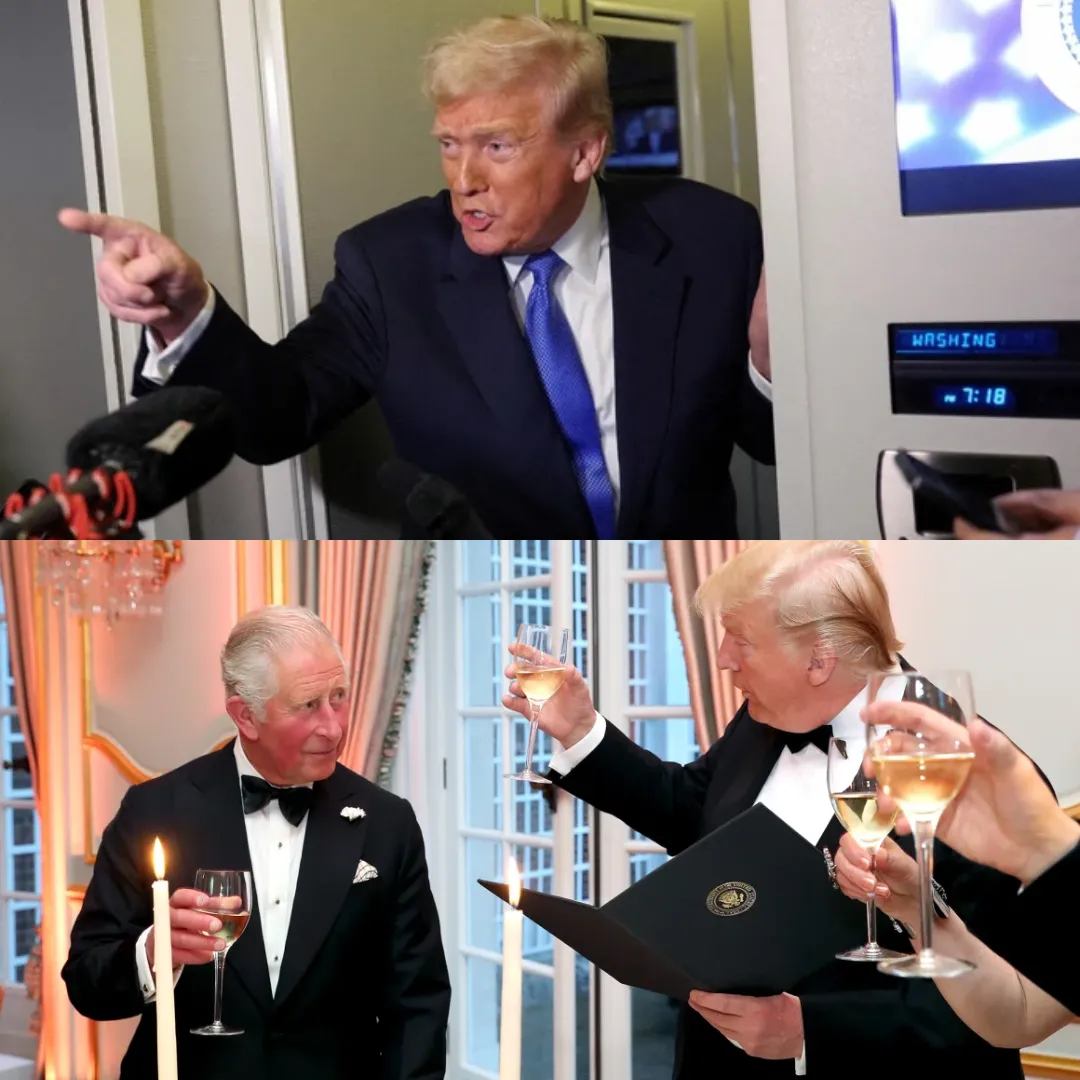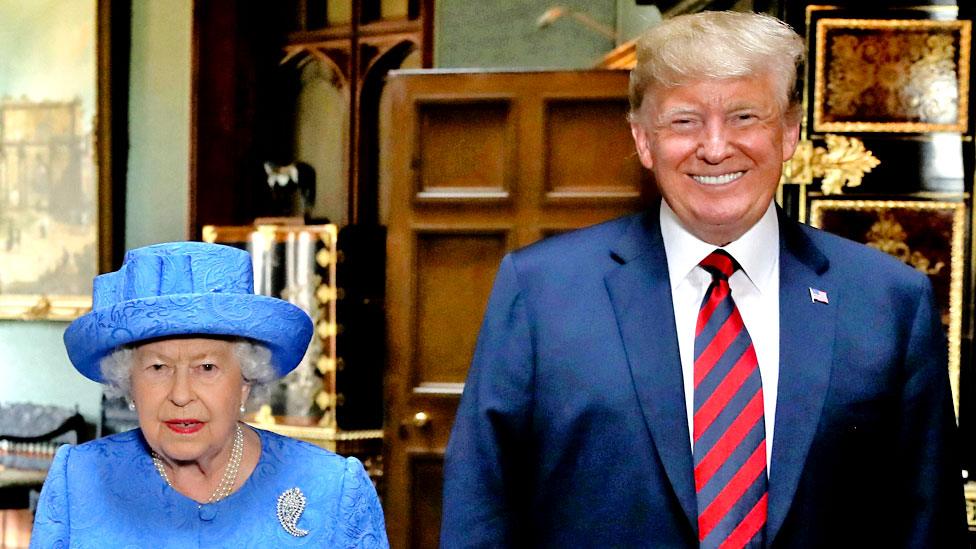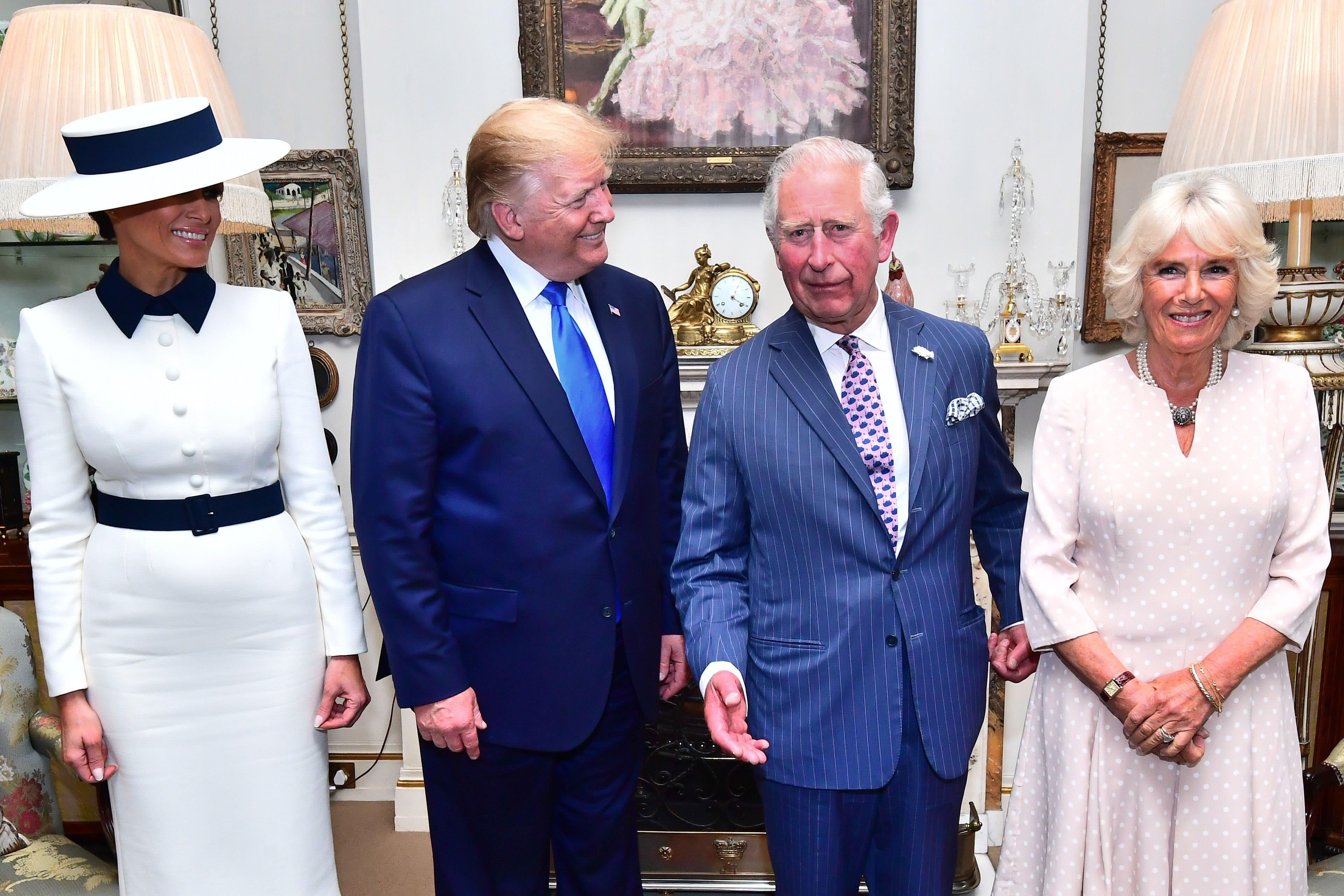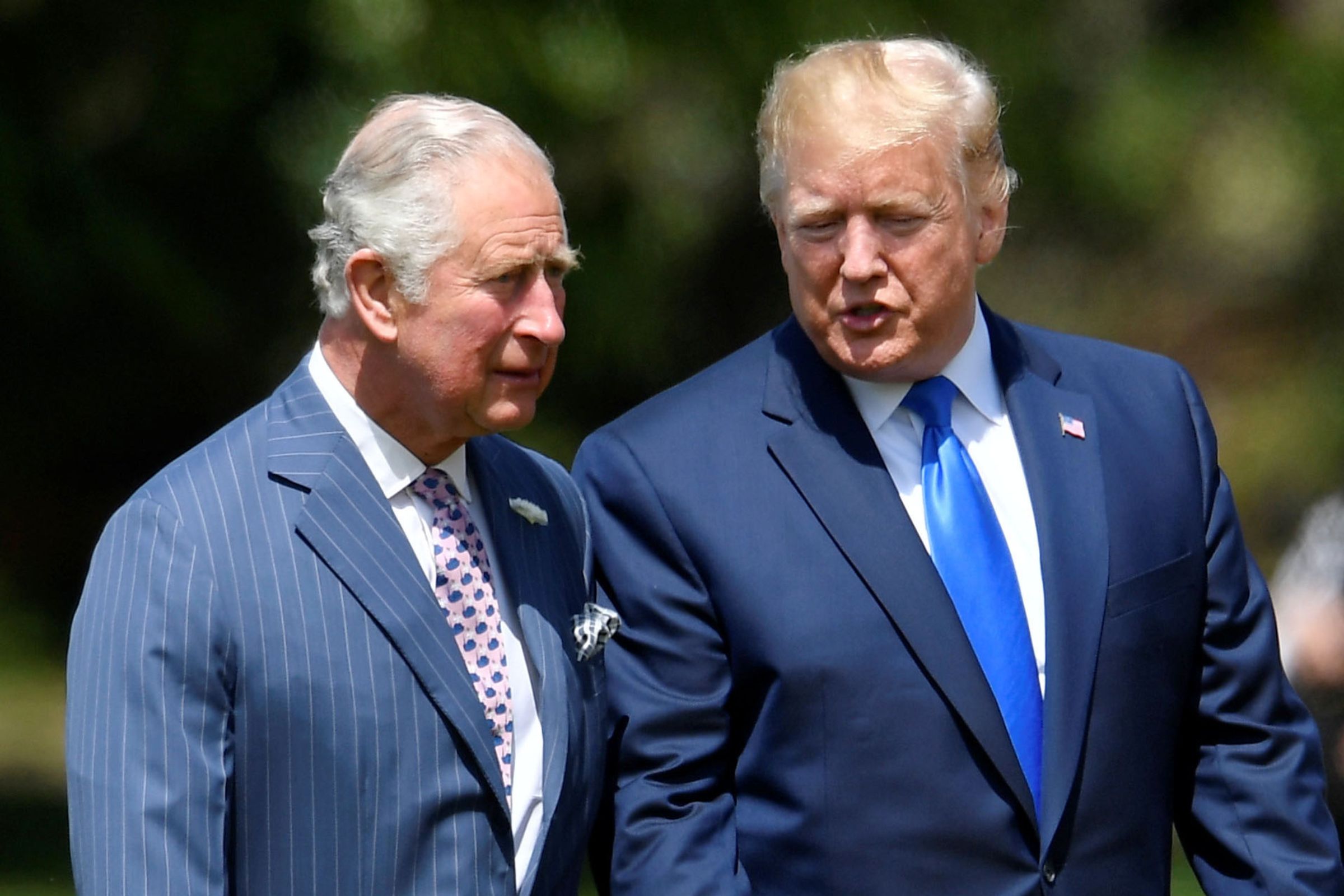The British royal family has long been a key asset in maintaining the strong diplomatic bond between the United Kingdom and the United States, helping to uphold the so-called “special relationship” between the two nations. While political dynamics often shift, the soft power of the monarchy has remained a stabilizing force, smoothing over tensions and fostering goodwill across the Atlantic.
As President-elect Donald Trump prepares for his return to the White House, British Prime Minister Keir Starmer is keen to solidify relations with the new administration. Given the often unpredictable nature of Trump’s diplomacy, one potential avenue for strengthening UK-US ties lies in the president’s well-documented admiration for the British royals.
Donald Trump has never been shy about his fondness for the British monarchy, particularly the late Queen Elizabeth II. During his 2019 state visit to the UK, he showered the royal family with praise, reflecting on his interactions with the Queen as warm and enjoyable.
“I have such a great relationship, and we were laughing and having fun,” he recalled after meeting Her Majesty.
This admiration extends beyond the Queen. More recently, Trump was equally effusive in his praise for Prince William, whom he met during a visit to Paris in December.
Speaking about the future king, Trump called him “a fantastic guy” and complimented his appearance, remarking that he looked “really handsome” at the event. While perhaps not a conventional display of diplomacy, such remarks highlight Trump’s genuine fascination with the royals—a sentiment that the UK government could potentially leverage.
The idea of using the British monarchy as a strategic diplomatic tool is far from new. Over the decades, the royal family has played a significant role in maintaining and strengthening the transatlantic relationship.
Their ability to transcend politics makes them uniquely positioned to bridge divides and foster goodwill between leaders with differing ideologies.
Royal historian Ed Owens suggests that Trump’s deference to the monarchy could be beneficial for the UK, especially given that Starmer and Trump are unlikely to align on many key policies. “The royals can, in a way, distract from that fact,” Owens explains. “The fact that (Trump) is impressed by them bodes well for the UK, if the UK can use the royals strategically.”
The monarchy’s influence as a symbol of continuity and tradition allows them to play a subtle but important role in maintaining diplomatic stability. Even during politically turbulent periods, the royal family has managed to maintain cordial relationships with US presidents, underscoring their role as a valuable asset in UK foreign policy.
Throughout modern history, the British royals have been instrumental in fostering ties with the United States. The late Queen Elizabeth II met with 13 US presidents during her reign, a testament to her role in preserving diplomatic relations.
Royal commentator Sally Bedell Smith notes that these interactions were more than just ceremonial; they were a key component of Britain’s foreign policy.
In the early 1960s, when John F. Kennedy took office, the British royal family helped strengthen ties with the new, energetic American administration at a time when the UK was beginning to feel overshadowed on the world stage. The monarchy’s ability to provide continuity in times of political change has historically helped maintain stability in the UK-US relationship.
Despite Trump’s admiration for the royal family, there remain areas of potential friction between him and key members of the monarchy—most notably, the issue of climate change. Both King Charles III and Prince William have been vocal advocates for environmental action, whereas Trump has consistently dismissed concerns over climate change and campaigned on policies prioritizing fossil fuels.
Trump’s energy stance, encapsulated by his “Drill, baby, drill” rhetoric, directly opposes the environmental priorities championed by the King and his son. However, as royal expert Owens points out, this ideological divide is unlikely to deter Charles from continuing to advocate for sustainability.
“I don’t imagine that the King is going to give up, he’s going to continue to emphasize the importance of (climate action),” Owens says.
At the same time, the King understands the limits of his influence, particularly when it comes to US politics. “He will do so delicately,” Owens adds, recognizing that the monarch’s role is largely symbolic rather than political.
While the British royals have no official role in American politics, their ability to generate goodwill and smooth over tensions makes them a crucial asset for the UK. As Starmer navigates his government’s relationship with the incoming Trump administration, the monarchy’s “soft power” influence could help mitigate potential challenges and ensure a steady diplomatic course.
In a time when traditional alliances are being tested, the enduring fascination with the British royal family provides a unique advantage for the UK. Whether through formal state visits, diplomatic gestures, or even casual praise from a world leader like Trump, the monarchy remains an important bridge between two of the world’s most influential nations.
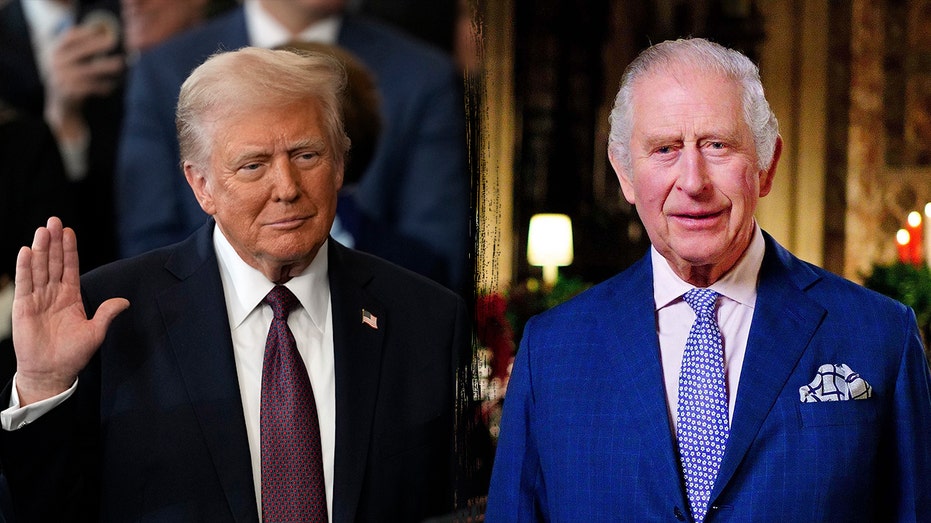
As history has shown, royal diplomacy is not about political agreements or legislative decisions—it is about relationships, perception, and influence. And if Trump’s admiration for the British royals is anything to go by, the monarchy may once again prove to be a vital tool in keeping the special relationship between the UK and US as strong as ever.
